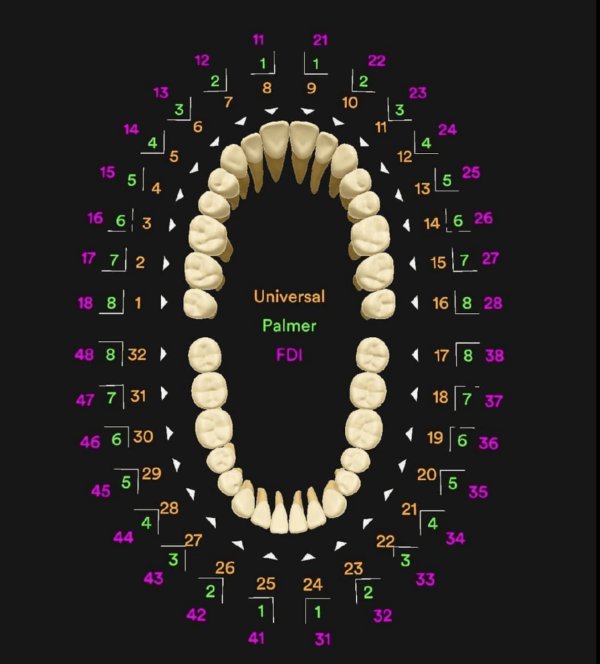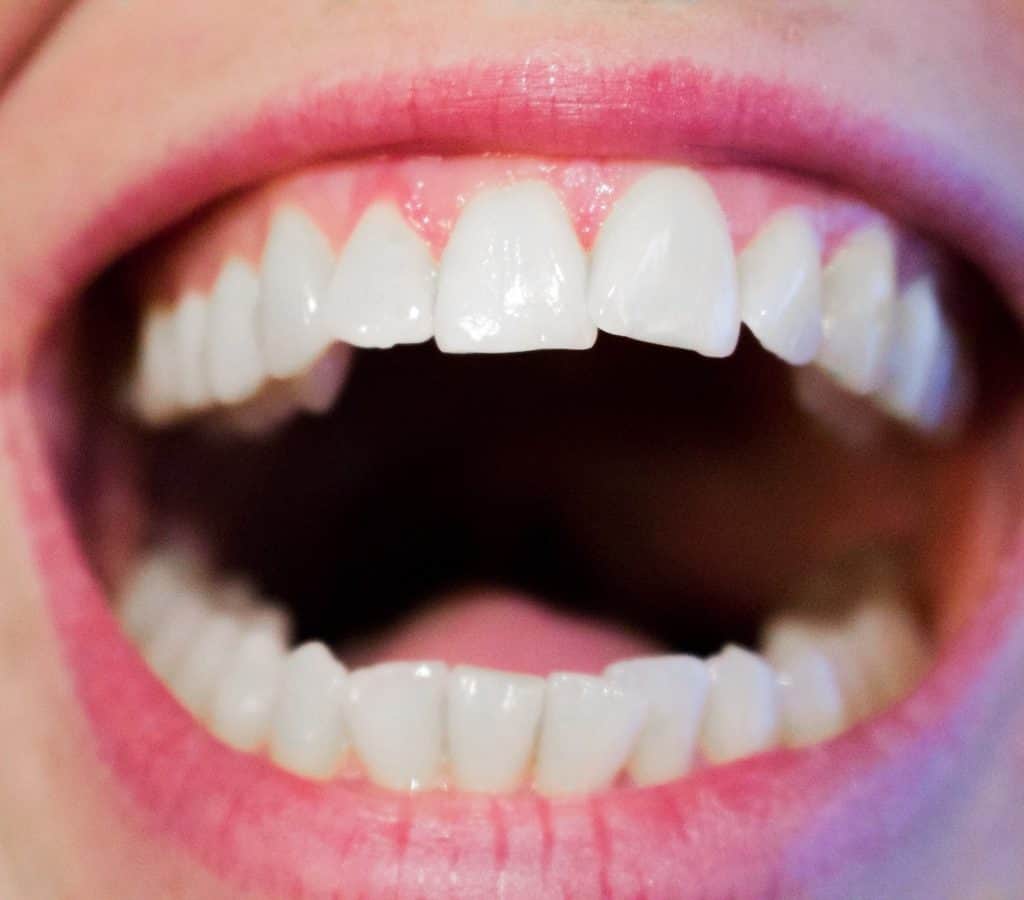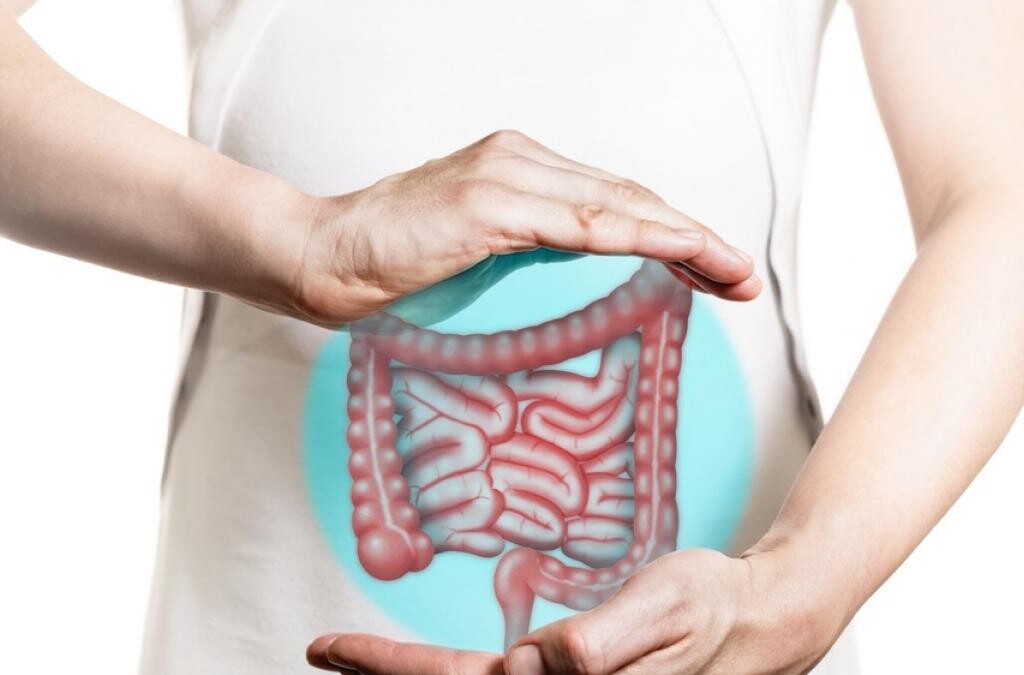Christian Beyer is a dental decoding expert with over 20 years of research experience. With a degree obtained from the prestigious Strasbourg School of Surgical Dentistry Christian has dedicated more than a decade of his professional career to practice focused on this specific area. In addition he is the author of several books and a featured speaker at conferences and seminars globally.
Dental decoding: revealing the information hidden in your teeth to improve your overall wellness
Did you know that dental decoding is much more than simply interpreting dental data?
In fact, teeth contain valuable information about the stresses, concerns and distortions a person may be experiencing in their oral health. These problems can be identified through dental decoding allowing for more comprehensive and effective treatment.
Dental decoding is closely related to the function of the human nervous system.
Through electrical impulses generated by the brain and transmitted by neurons and nerves throughout the body, the nervous system allows us to perform actions and maintain overall good health.
The Connection Between Your Emotions and Your Dental Health: How Stress Affects Your Teeth
Are you experiencing dental discomfort? There could be a connection between your emotions and your dental health. It turns out that any imbalance or electrical interference in the transmission of neural impulses can affect the outer layer of the tooth and even the bone that supports it.
And do you know what can cause these imbalances? The everyday discords and worries we all face.
If we are worried about something and cannot find a solution, this can affect the neurological system and change the rhythm or intensity of the electrical impulses in our neurons.
These electrical impulses travel through the mouth and through the precise location of each tooth, corresponding to different situations, emotions and types of thoughts we encounter every day. If we go through these circumstances without experiencing unpleasant emotions, the tooth enamel will remain healthy.
But if there are events that cause a lot of stress, they can cause a change of electrical polarity in a dental area and ultimately the deterioration of the enamel. If left untreated, this can result in decay and ultimately tooth loss. Take care of your emotions and your dental health!
Why does our body reject dental treatments?
How our emotions affect the health of our teeth.
The information you are about to read is vital to understand why your body may be rejecting dental treatments. The repair performed by a professional can be affected if the underlying emotional problem persists, causing a change in electrical polarity.
Not only is it essential to physically repair the teeth but also to address the emotions behind the oral dysfunction. By doing so the stability and durability of the dental restoration or the healing process in case of oral disease can be improved.
The myth that certain foods cause cavities is dispelled when considering that all teeth come in contact with the same foods when eating.
- Why does a cavity only affect a specific tooth and not the one next to it or very close to it?
- Is it logical to think that sugars accumulate in the lower teeth, but not in the upper teeth?
It’s time to consider the emotional connection and understand how it influences the health of our teeth.
How Electrical Charges and Nervous System Balance Can Affect the Health of Your Teeth
When we experience major conflicts or concerns, they can disrupt the flow of neural electrical impulses, disrupting the magnetic field essential for proper growth and regeneration of dentin and other materials needed to maintain good dental health.
Whether it is oral disease or tooth decay, each disorder is related to a specific conflict or concern. Learn to listen to your body and discover how you can balance your nervous system to keep your teeth in tip-top shape.
How emotional work can stop bone loss and treat more than 200 dental-related conditions.
A solid diagnosis from a qualified dentist is crucial to identify the root cause of the pathology and neutralize it. In addition emotional therapy is essential for patients suffering from bone loss.
Remember, our teeth store the programs of our struggles and those of our ancestors, which is why bio-neuroemotion remains a valuable tool in dentistry today.
The importance of teeth: electrical crystals that connect the body and health
Teeth are not just pieces of bone in our mouth, they are crystals that function with electricity just like the rest of the body. They are connected to the whole organism by means of this electricity.
Each tooth is a key point on the 12 acupuncture energy meridians that flow between them and through the cheeks. In fact, it has been said that the teeth were the original acupuncture needles, and each one sends and receives information through our energy system.
The importance of teeth dates back to the slave era – remember the movies where slaves were bought?
One of the crucial aspects was the dental health of the slave, as it was an indicator of their overall health. It is an uncomfortable and politically incorrect example but we cannot forget our unpleasant history.
The hidden story behind every tooth in your mouth

When it comes to our ancestors numbers can have deep meaning. If in your family tree the numbers 11 and 21 are not together there may be a history of parents who were not together or who experienced similar struggles.
This knowledge is key to understanding your own history and overcoming challenges that may arise.
If the number 11 is separate from 21, it may indicate that one of your parents had a different perspective or a skewed attitude in life, which could be influencing your own way of thinking and acting.
On the other hand, if the number 21 is ahead of the 11, there may have been a mother who had more power or influence than the father in the family dynamic.
Meaning of the First Quadrant of the Mouth
The first quadrant of our mouth represents the clan and the father figure and each tooth has a specific meaning:
11 – Represents the function of the father in our lives.
12 – Reflects our relationship with the father and how we see him.
13 – Symbolizes the laws and rules we follow and our ability to obey.
14 – Reminds a child who has lost his father and the loss of paternal affection.
15 – Holds the memory of betrayal both being betrayed and betraying others.
16 – Represents our hopes and aspirations and how we feel when our father or clan does not support us.
17 – It evokes the feeling of being expelled from the clan or socially excluded when the roots of the teeth fuse together.
18 – It is the tooth that reflects whether we are achieving our purpose in life and our ability to obey superior figures.
Meaning of the Second Quadrant of the Mouth
The second quadrant represents the family and the mother figure:
21 – The maternal presence and its importance in our lives.
22 – Our relationship with our mother and how we perceive her.
23 – Morals, values and traditions. The ability to submit to them.
24 – Maternal love, lack and separation. Family conflicts and the need for love and protection.
25 – Memory of deception, betrayal and rejection. Injustice and emotional pain.
26 – Balance and emotional stability. Reflecting on who we want to be in relation to our family.
27 – Being a member of the family and upholding the family tradition. Commitment and loyalty.
28 – Remembering sins and the moral standards of the Church. Morally unacceptable relationships and the need for acceptance.
Meaning of the Third Quadrant of the Mouth
The importance of each tooth in the third quadrant and its relationship to the home:
31 – The behavior of the mother and the way in which she acts in the home.
32 – Defense of the mother and her role in the family.
33 – The memory of servitude and slavery in the home.
34 – Remembering loss in the home and loving her.
35 – Memory of rejection in the home.
36 – Names, surnames, nicknames and remembering an abandoned child. Mirrors the erasure of the womb and the connection with the home.
37 – Rejection and the belief of not deserving at home. Suggests drowning.
38 – Memory of repentance and forgiveness in the home.
Meaning of the Fourth Quadrant of our Mouth
How your work life is influenced by your teeth in the fourth quadrant:
41 – The level of your aggression and violence is reflected in your teeth.
42 – Our ability to defend ourselves and protect our interests is also represented here.
43 – If you have experienced a fall in your career it will be reflected in this area. But it can also be a sign of regaining your property.
44 – Loss of a job or death of a co worker is reflected here.
45 – Work frustration and anger may be related to a dental problem in this quadrant.
46 – Desires and conflicts related to masculinity are also represented here along with embarrassment and lack of confidence in your work.
47 – If you have had to work hard to excel in your career this will be reflected in this area. It may also represent conflicts with authority or the feeling of not being able to go home.
48 – Problems with sexuality and secrets (often related to sexuality) may be represented here and can influence your work life.
Related post
- Bruxism according to Biodescodification — Emotional Conflicts
In our fast-paced world, it is no secret that we often fall short of our recommended amount of sleep, which can lead to a host of unexpected health problems. One such issue that often goes unnoticed is teeth grinding, a common condition that affects many people who are unaware of their nighttime habits. The sheer force and pressure of teeth grinding can wreak havoc on your dental health with the intensity of grinding being a staggering forty times greater than normal chewing




